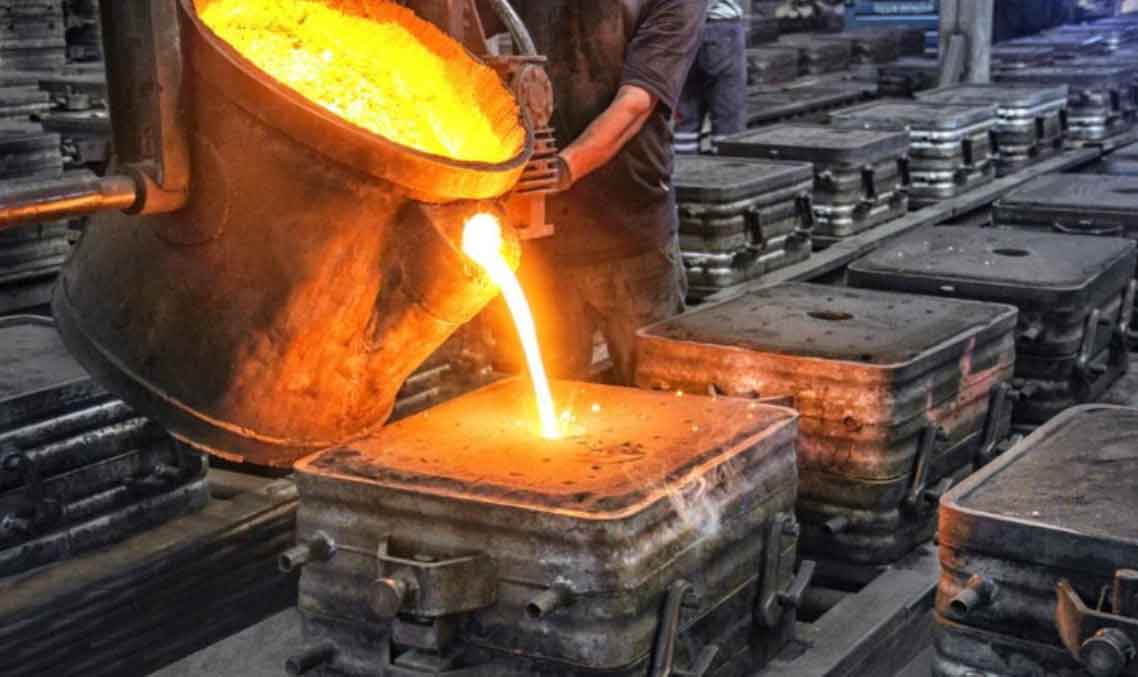
The China casting industry, while robust and influential, faces several challenges and opportunities that shape its development and growth. Navigating these factors is crucial for casting foundries in China to remain competitive and adapt to the changing manufacturing landscape. Here are some key challenges and opportunities in the China casting industry:
Challenges:
- Environmental Regulations: China has been working towards stricter environmental regulations to address pollution and promote sustainable manufacturing practices. Foundries must invest in eco-friendly technologies and practices to comply with these regulations and reduce their environmental impact.
- Rising Labor Costs: As China’s economy develops, labor costs are increasing. Casting foundries need to optimize processes, invest in automation, and adopt advanced technologies to maintain cost-effectiveness while ensuring quality.
- Quality Control and Standards: Maintaining consistent quality across production batches is crucial for casting foundries. Ensuring adherence to international quality standards and implementing rigorous quality control measures is essential for building trust with global customers.
- Global Competition: China faces competition from other emerging economies with growing casting industries. To remain competitive, Chinese foundries must continuously improve their manufacturing processes and offer unique value propositions.
- Technology Advancements: With the rapid pace of technological advancements, casting foundries need to invest in research and development to adopt new materials, improve processes, and meet the demands of modern applications.
Opportunities:
- Infrastructure Development: China’s focus on infrastructure development presents opportunities for casting foundries to supply components for various construction projects, such as bridges, highways, and buildings.
- New Energy Sectors: The country’s push towards renewable energy sources creates opportunities for casting foundries to provide components for wind turbines, solar power plants, and other clean energy technologies.
- Global Market Expansion: China’s well-established supply chain and production capabilities allow casting foundries to expand their presence in the international market, providing casting solutions to industries worldwide.
- Customization and Specialization: There is a growing demand for customized and specialized casting solutions in various industries. Foundries that can offer tailored casting services for specific applications can gain a competitive edge.
- Industry 4.0 Integration: Embracing Industry 4.0 technologies such as automation, data analytics, and smart manufacturing can enhance productivity and efficiency in casting processes.
- Sustainability Initiatives: By adopting green practices and offering sustainable casting solutions, China casting foundries can appeal to environmentally conscious customers and position themselves as leaders in eco-friendly manufacturing.
- Collaboration and Partnerships: Building strategic partnerships with international companies and collaborating with research institutions can foster innovation and open doors to new markets.
The China casting industry continues to evolve and innovate, leveraging its strengths to address challenges and seize opportunities in a dynamic global manufacturing landscape. Embracing sustainable practices, advancing technology, and adapting to changing market demands will play a vital role in shaping the future of the industry.
